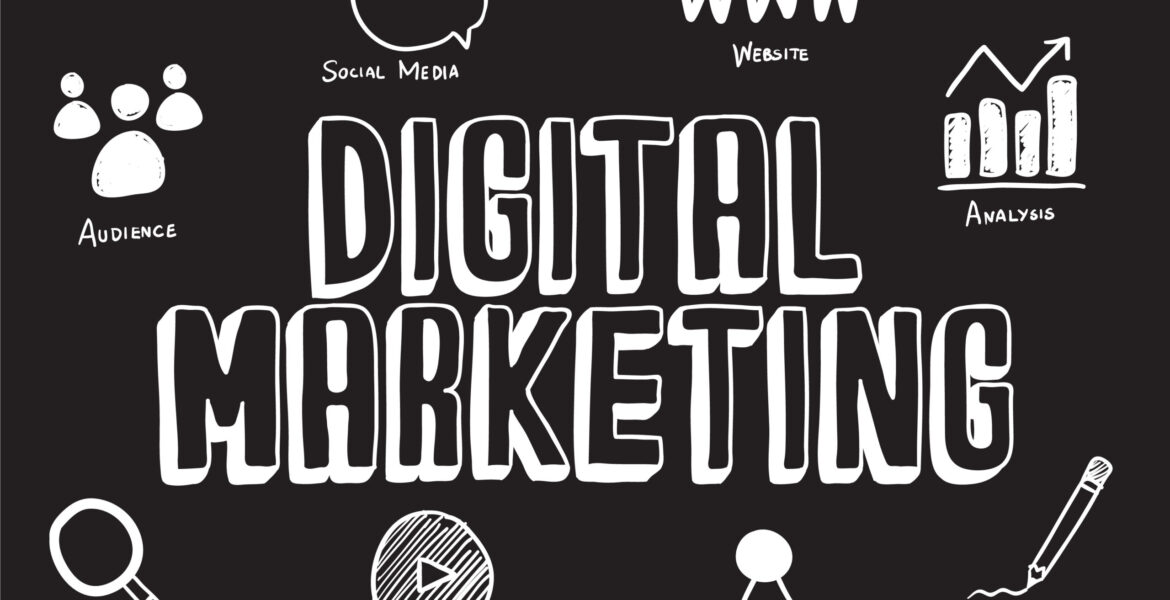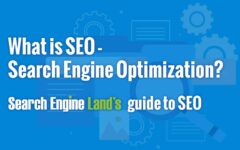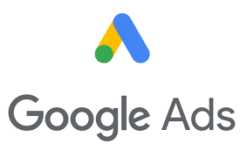What is Digital Marketing
February 21, 2023 2023-10-09 9:46What is Digital Marketing
What is digital marketing key component of marketing is determining and meeting customer demands. In the context of business.
What is Digital Marketing
A key component of marketing is determining and meeting customer demands. In the context of business, this role is especially crucial because effective marketing initiatives can generate leads and conversions. Digital marketing is a relatively recent technique, despite the fact that marketing has long roots in business history and society.
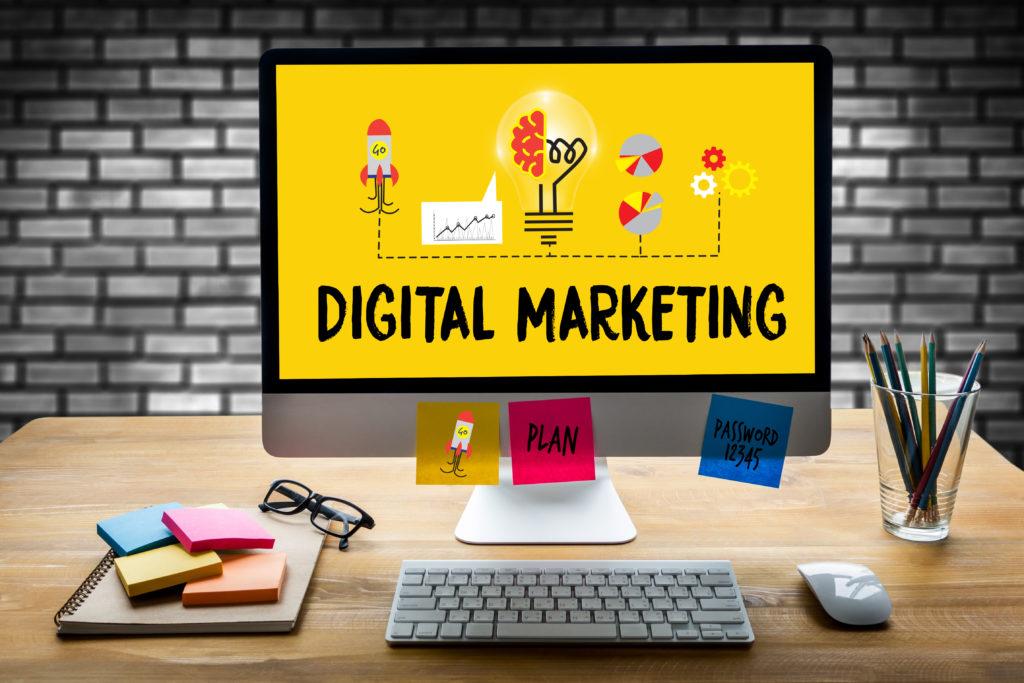
what is digital marketing
internet marketing had its start when companies started experimenting with new marketing strategies as a result of the rapid development of digital technology, which included the widespread use of computers and smartphones
Do Various Internet Marketing Strategies Exist
A broad term, “digital marketing” includes a wide range of platforms for promoting corporate interests to potential clients. There are various ways to perform digital marketing, depending on the requirements and objectives of the organization. This is not a generic exercise.
Search engine optimization (SEO) is the process of raising a website’s rating on key search engines in order to attract more online users.
Search Engine Marketing (SEM): SEM uses paid internet advertising to improve a website’s search engine visibility. SEM and SEO are frequently used in tandem.
Pay-Per-Click (PPC) is an internet advertising strategy where a company only pays for its advertisements when a customer clicks on them.
SMM stands for social media marketing, which is the act of using social media platforms to advertise a company’s goods or services. SMM frequently makes use of social media influencers, also known as influencer marketing.
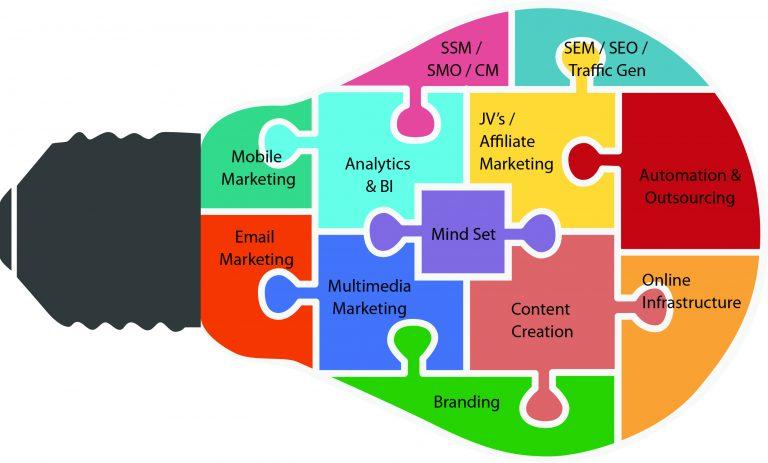
Email marketing – With email marketing, companies can send branded, promotional content to potential clients directly. Automated newsletter usage is widespread in this setting.
Affiliate Marketing — Revenue sharing and pay-per-sale are two performance-based strategies used in affiliate marketing.
Publishing and distributing text, video, or audio content to customers online is known as content marketing. Businesses frequently use blogs, videos, and podcasts for content marketing.
Native advertising includes incorporating marketing materials into a medium, emphasising the importance of both the underlying message and the marketing objectives. Native advertising is frequently done through sponsored content, in which one company uploads its own content on another website.
You can execute an online marketing plan in a variety of ways. Successful inbound marketing for the majority of firms requires the use and implementation of numerous internet marketing strategies.
What Are the Digital Marketing Foundations
We refer to all marketing tactics carried out using computers or other electronic devices, including online marketing activities carried out online, as digital marketing. A company may use websites, search engines, blogs, social media, video, email, and other avenues to reach customers when engaging in internet marketing.
Digital marketing is a dynamic, constantly-evolving process in contrast to traditional marketing, which is static and frequently referred to as “one-way” communication. In contrast, digital marketing offers a channel for two-way communication between a business and its actual or potential clients, but customers cannot engage with a business through a billboard or print advertisement.
For many people today, screen time is at an all-time high. Digital marketing exploits this reality by advertising business goods and services online. By focusing on customers where they spend the majority of their time, businesses may increase the likelihood that their marketing efforts will be effective.
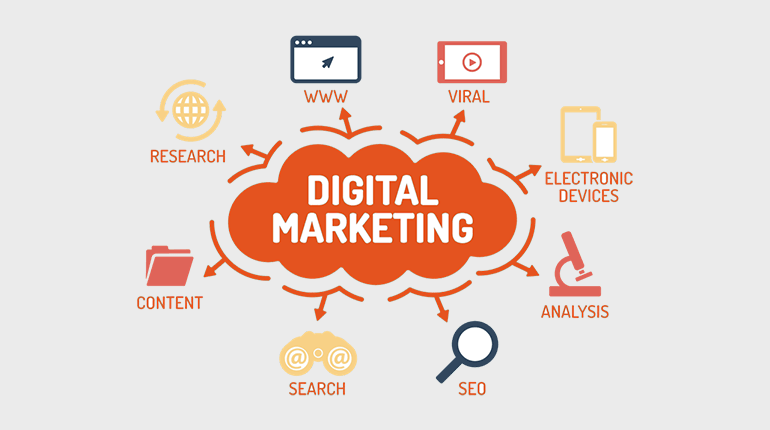
A diversified strategy to online marketing can have major business advantages for start-ups as well as established companies. A successful online marketing plan typically combines a number of different techniques, including content development, social media management, search engine optimization, and online advertising.
What advantages are available to me through digital marketing?
With the variety of digital marketing strategies, there are a variety of advantages for those who are technologically knowledgeable. On a broad scale, online marketing enables firms to connect with consumers during routine activities like perusing social media, reading online articles, watching videos, etc. Many business advantages might result from exposing customers to marketing in this kind of normal and consistent way.
Follow us on Instagram & Facebook ; Visit our website for more information
Digital marketing is defined as the use of various digital strategies and platforms to engage with clients where they spend a lot of time online.
Global Reach – Digital marketing is less constrained by geography than traditional tactics are. Customers all across the world can access the internet. This eliminates many conventional barriers to entry and enables businesses to market and sell to customers who reside in another state or nation.
Low Entry Cost – It would be very expensive to use traditional methods to achieve the global reach of digital marketing. On the other hand, you can accomplish some facets of online marketing with minimal time and money investment.
Because online marketing techniques are so pliable and adaptable, organizations may change their strategy as circumstances dictate. Businesses can quickly pivot to take advantage of economic opportunities with their online initiatives, unlike long-term, traditional marketing strategies.
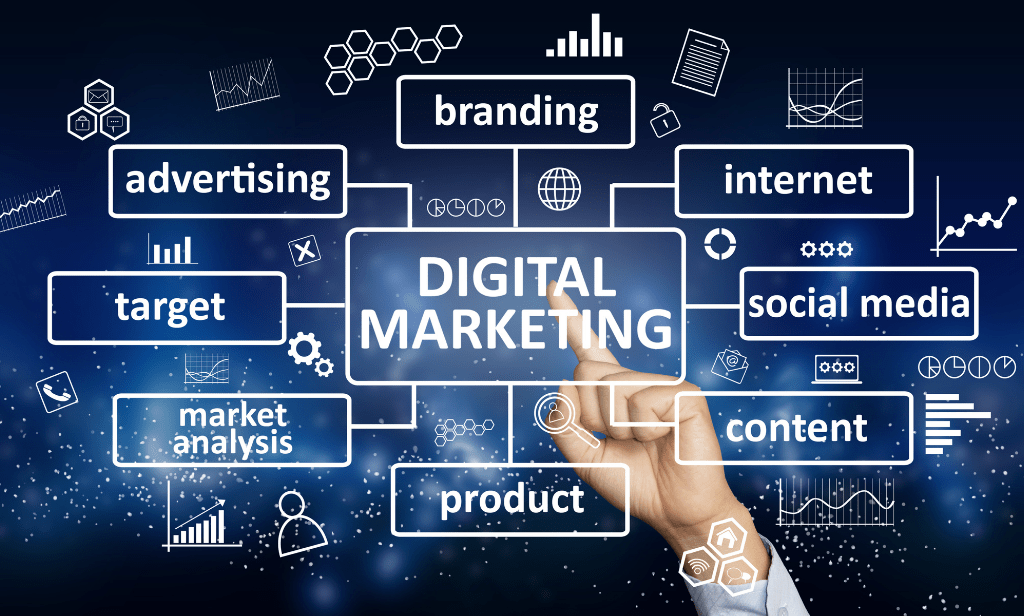
Instant Connection – Today’s consumers typically read reviews and perform online research before making a purchase. Usually, people use a search engine as the first step in this procedure. Businesses with well-developed SEO, SEM, and PPC strategies can connect with clients right away in this way.
Relationship Building – With the popularity of social media, many client categories now use it as their primary communications channel. Customers also want to communicate with businesses on their terms and through the platform of their choice. Companies that use efficient SMM techniques can establish enduring and loyal relationships with both existing and potential clients.
Ultimately, by using online marketing strategies effectively, businesses of all shapes and sizes may reap significant rewards. Internet marketing has lower entry hurdles than traditional approaches because companies can customize the price for their unique needs.
Transitioning from Traditional to Digital Marketing: Navigating the Changing Landscape
In a world where the digital realm reigns supreme, traditional marketing methods are no longer sufficient to reach today’s tech-savvy consumers. As businesses evolve, they must embark on a journey of transitioning from traditional to digital marketing. This transformation is essential to stay relevant, reach a broader audience, and achieve marketing success in the digital age.
Understanding the Need for Change
However, before diving into the intricacies of digital marketing, it’s crucial to comprehend why transitioning is imperative. Traditional marketing, encompassing print, radio, television, and billboards, has served its purpose for decades. Yet, in today’s fast-paced digital landscape, it struggles to keep up. Here’s why:
Audience Migration: The modern consumer spends a significant amount of time online, whether it’s browsing social media, shopping online, or seeking information. Consequently, businesses must follow their audience to where they are most active.
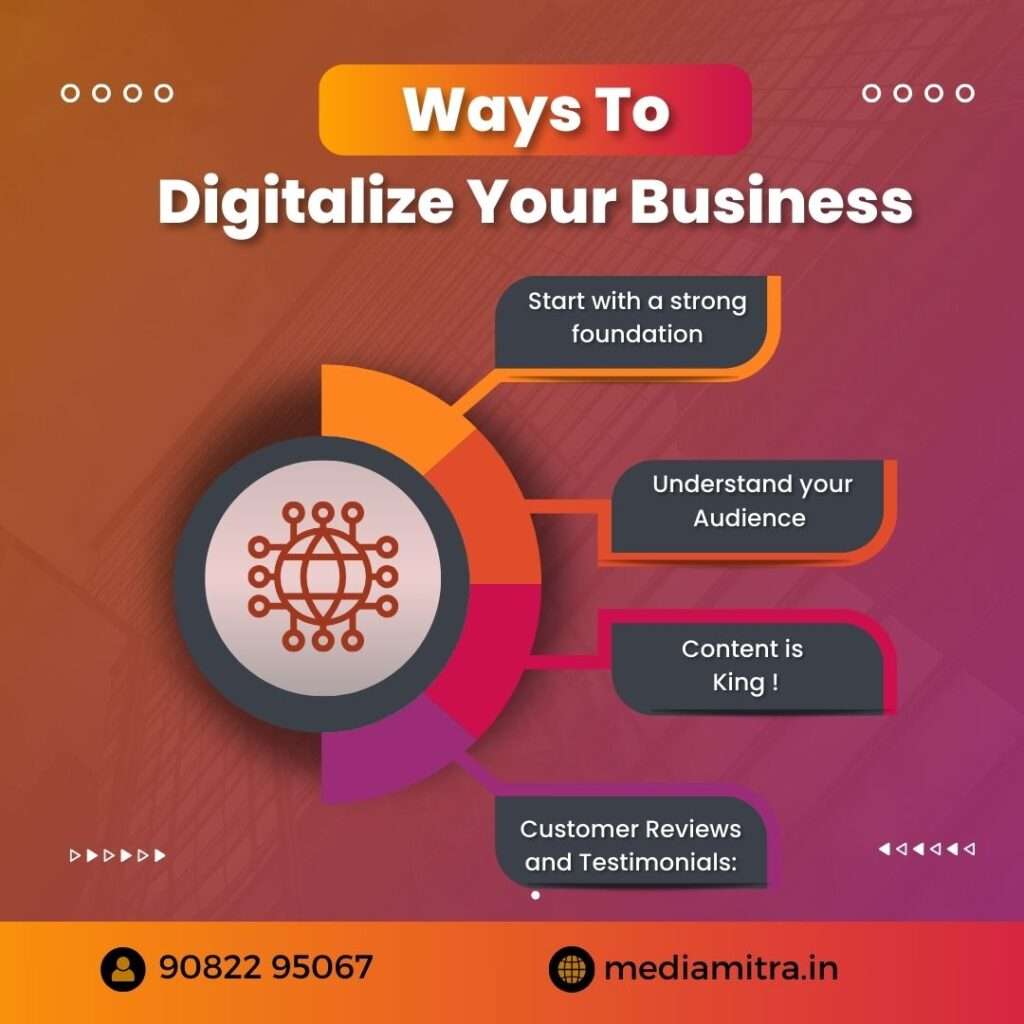
Measurability: Unlike traditional methods, digital marketing offers precise data and analytics. It provides insights into campaign performance, user behavior, and return on investment (ROI). This data-driven approach allows for real-time adjustments, ensuring that marketing efforts are effective.
Cost Efficiency: Traditional advertising can be expensive, and measuring its impact is challenging. On the contrary, digital marketing provides cost-effective options, allowing businesses to allocate resources more efficiently.
In Conclusion
Transitioning from traditional to digital marketing is not a mere option but a necessity for businesses looking to thrive in the digital age. In conclusion, understanding the reasons for change, embracing digital strategies, and overcoming challenges are pivotal steps toward success. By making this transition, businesses can effectively connect with their audience in the ever-evolving digital landscape.
Measuring Success in Digital Marketing: Navigating the Metrics
In the world of digital marketing, success isn’t just about creating engaging content and running campaigns; it’s about measuring the impact and effectiveness of those efforts. Understanding the metrics and key performance indicators (KPIs) is essential. In this brief blog, we’ll explore the importance of measuring success in digital marketing and how it helps businesses refine their strategies.
The Significance of Metrics
First and foremost, metrics provide valuable insights into how digital marketing campaigns are performing. They answer critical questions:
Website Traffic
Furthermore, website traffic metrics reveal how many visitors your site receives, which pages they visit, and how long they stay. Metrics like page views, bounce rate, and time on site are instrumental in assessing user engagement.
Conversion Rates
in addition, conversion rates tell you how effectively your website or landing pages turn visitors into leads or customers. Tracking these rates helps identify areas for improvement.
Click-Through Rate (CTR)
Moreover, CTR measures the effectiveness of your online ads. It tells you how many users click on your ad compared to how many see it. A high CTR indicates that your ad is compelling and relevant.
Key Performance Indicators (KPIs)
On the other hand, KPIs are specific metrics tailored to your business goals. They provide a clear picture of progress towards achieving those goals:
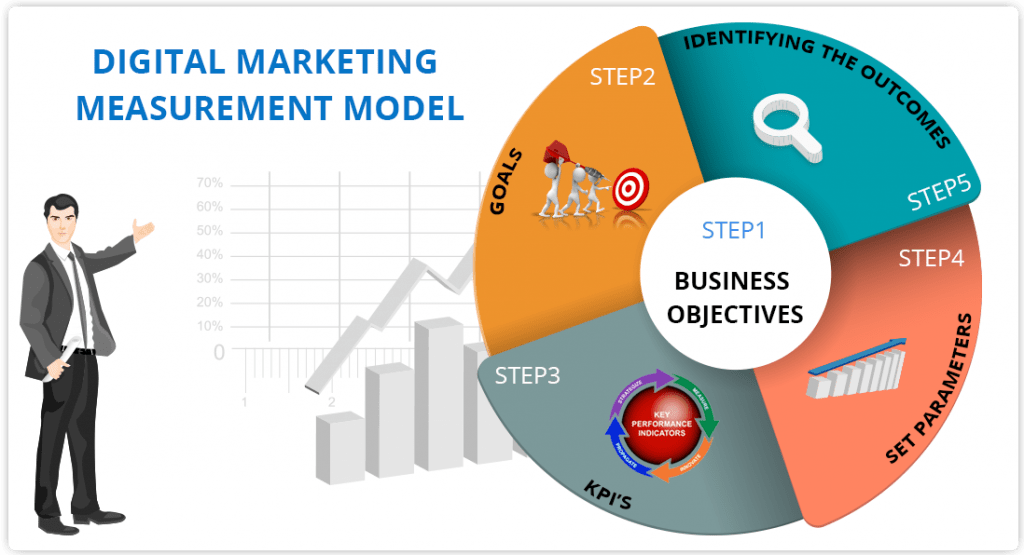
Return on Investment (ROI)
Consequently, ROI quantifies the profitability of your marketing efforts. It compares the revenue generated against the costs incurred in your campaigns.
Cost per Acquisition (CPA)
Meanwhile, CPA calculates how much it costs to acquire a new customer. Lower CPA indicates efficient marketing spend.
Customer Lifetime Value (CLV)
As a result, CLV measures the long-term value a customer brings to your business. It helps in understanding the overall impact of your marketing efforts on customer retention and loyalty.
Continuous Improvement
In conclusion, measuring success in digital marketing isn’t a one-time task but an ongoing process. It allows businesses to adapt and refine their strategies. By analyzing metrics and KPIs, businesses can identify what’s working, what needs improvement, and where to allocate resources effectively. In any case, in the dynamic world of digital marketing, staying data-driven is the key to achieving long-term success.

